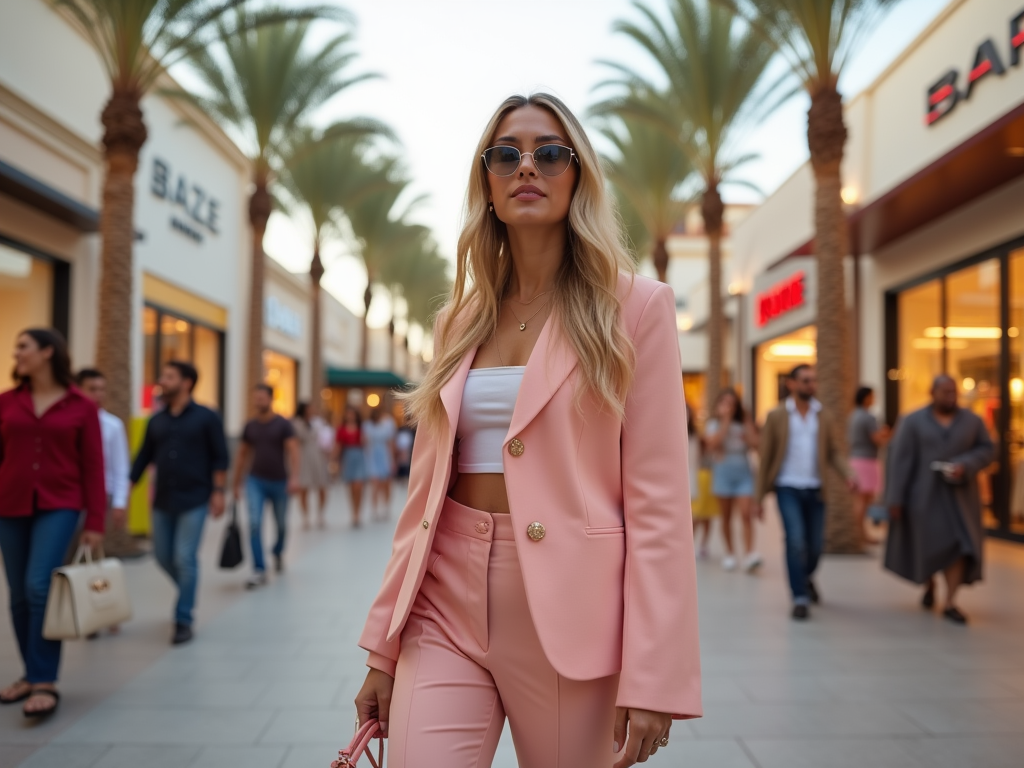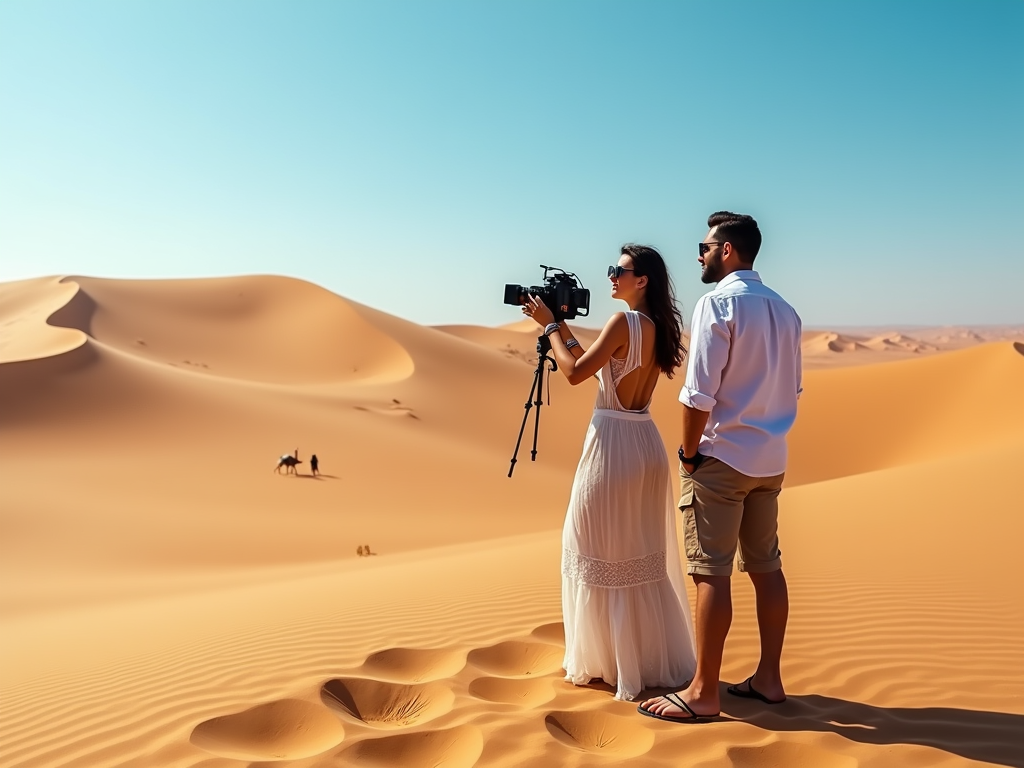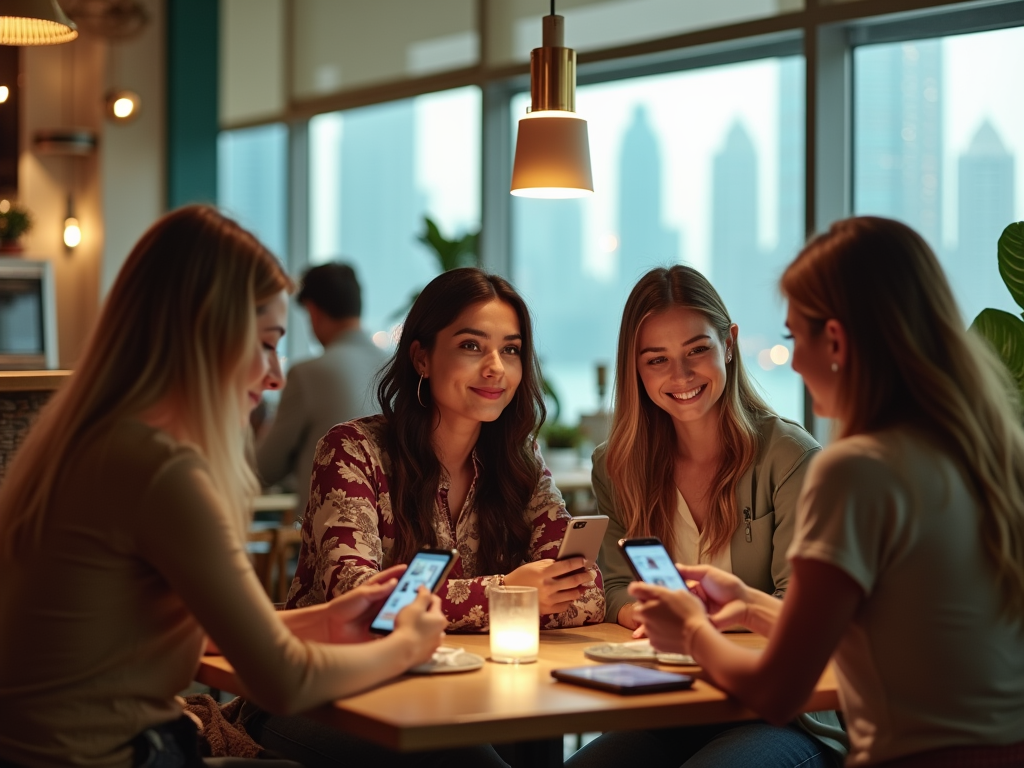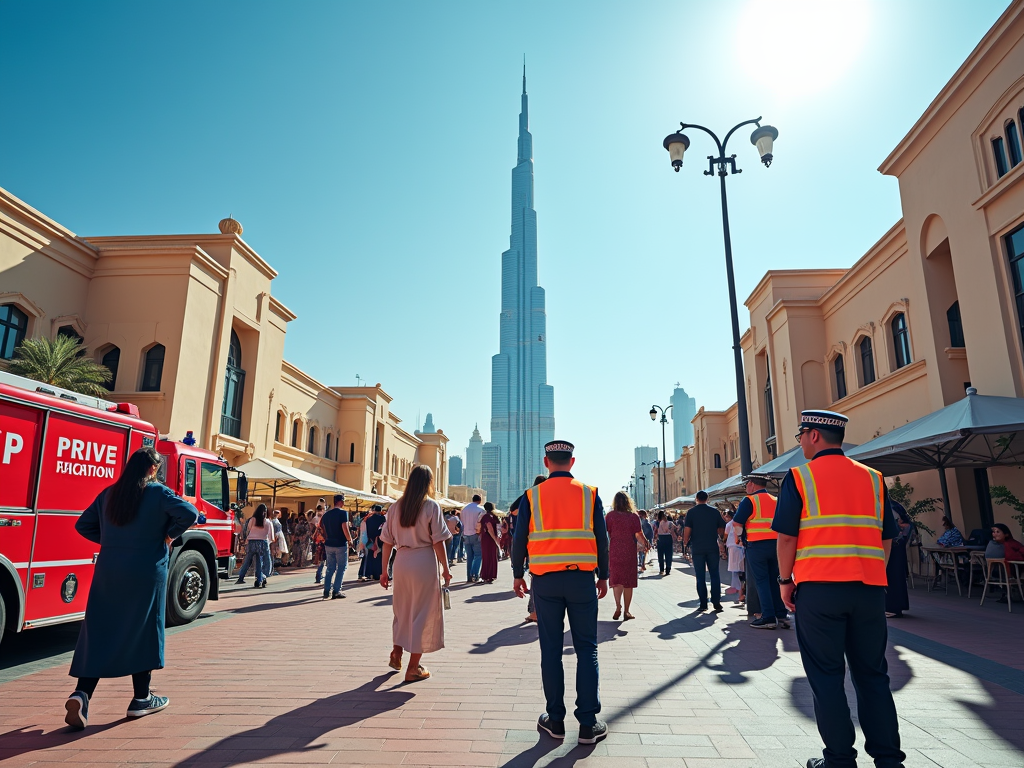Social media influencers have become integral to marketing strategies in Dubai, combining relatable content with expansive reach to target diverse audiences effectively. With Dubai’s vibrant culture and a high density of affluent residents and tourists, brands are increasingly turning to influencers to leverage their established trust and authenticity. The synergy between brands and influencers has proven beneficial, driving engagement and sales across various sectors, from luxury goods to tourism. In this article, we will explore the importance of influencers in Dubai’s marketing landscape, their contributions to brand messaging, and the strategies employed by businesses to collaborate effectively with these digital trendsetters.
The Importance of Influencer Marketing in Dubai

Influencer marketing in Dubai is not just a trend; it has become a pivotal strategy for modern businesses aiming to thrive in a digital-first world. The city’s cosmopolitan nature presents unique opportunities for brands looking to engage with a multinational audience. Moreover, influencers bring local insights and cultural relevance that resonate with consumers, helping brands bridge the gap between product promotion and genuine connection. In the UAE, where personal recommendations heavily sway purchasing decisions, influencers serve as key opinion leaders. They offer an authentic voice that can convey brand values and narratives in compelling ways. This deep-rooted trust is what makes influencer partnerships so valuable for companies operating in the region.
Types of Influencers in Dubai

Understanding the various types of influencers prevalent in Dubai is essential for brands aiming to refine their marketing strategies. Influencers can broadly be categorized based on their follower count and niche. Here’s a breakdown:
- Macro Influencers: Typically have 100k+ followers, specializing in broad topics such as fashion or lifestyle. They offer significant reach and visibility.
- Micro Influencers: With follower counts ranging from 1,000 to 100,000, these influencers often have niche audiences and provide higher engagement rates.
- Nano Influencers: Having less than 1,000 followers, they possess a loyal local following. Their high relatability makes them effective for community-focused brands.
- Celebrity Influencers: High-profile individuals or public figures who lend their name to a brand, often seen in luxury markets.
This categorization helps brands identify the right influencer for specific campaigns and target audiences, ensuring their marketing efforts are aligned with strategic goals.
Strategies for Collaborating with Influencers
For brands in Dubai looking to harness the power of influencer marketing, a well-defined collaboration strategy is crucial. A successful partnership starts with identifying the right influencer whose values align with the brand’s vision. Following this, brands can adopt several strategies:
- Authentic Content: Encourage influencers to create original content that reflects their unique voice while accurately representing the brand.
- Long-Term Partnerships: Instead of one-off campaigns, building long-term relationships with influencers fosters deeper brand loyalty.
- Engagement-focused Campaigns: Create campaigns that encourage interaction, such as contests or Q&A sessions, to boost audience engagement.
- Performance Metrics: Measure campaign success through KPIs like engagement rates and conversions to refine future strategies.
- Multi-Channel Approach: Use influencers across various platforms (Instagram, TikTok, YouTube) to maximize audience reach.
Employing these strategies allows brands to maximize ROI and ensure that their marketing campaigns resonate with the intended audience.
The future of influencer marketing in Dubai looks promising as businesses become increasingly aware of its effectiveness. Digital transformation continues to alter consumer behaviors, with influencers acting as trusted navigators in this changing landscape. The rise of short-form video content has also opened new avenues for engagement, making platforms such as TikTok essential for influencer collaborations. As marketers prioritize diversity and inclusivity, there is likely to be a shift towards promoting a wider array of influencers, including those representing various ethnicities and backgrounds. Additionally, emerging technologies like AR and VR may further revolutionize how brands interact with their audiences through influencer campaigns.
Conclusion
In conclusion, social media influencers play a transformative role in Dubai’s marketing strategies, providing brands with an authentic voice and broad reach to connect with their target audiences. By understanding the diverse types of influencers and employing effective collaboration strategies, brands can thrive in this dynamic marketplace. With continuous advancements in technology and shifts in consumer behaviors, the influencer marketing landscape will continue to evolve. Embracing these changes will be vital for brands aiming to sustain their competitive edge and engage effectively in Dubai’s vibrant marketplace.
FAQ
1. What is influencer marketing?
Influencer marketing involves partnering with individuals who have a significant following on social media to promote products or services. Influencers leverage their credibility and relationship with their audience to drive brand awareness and sales.
2. How do influencers in Dubai differ from those in other regions?
Influencers in Dubai often focus on luxury, lifestyle, and tourism, reflecting the city’s affluent demographic and diverse culture. Their collaborations are tailored to resonate with both local and international audiences.
3. What KPIs should brands track in influencer campaigns?
Brands should track engagement rates, reach, impressions, conversion rates, and return on investment (ROI) to gauge the success of their influencer campaigns effectively.
4. Can small brands benefit from influencer marketing?
Absolutely! Micro and nano influencers can yield high engagement rates even with smaller audiences, providing cost-effective solutions for brands with limited budgets.
5. How can brands ensure authentic influencer partnerships?
To ensure authenticity, brands should collaborate with influencers whose values align with their own and encourage them to create content that reflects their genuine voice and style.



